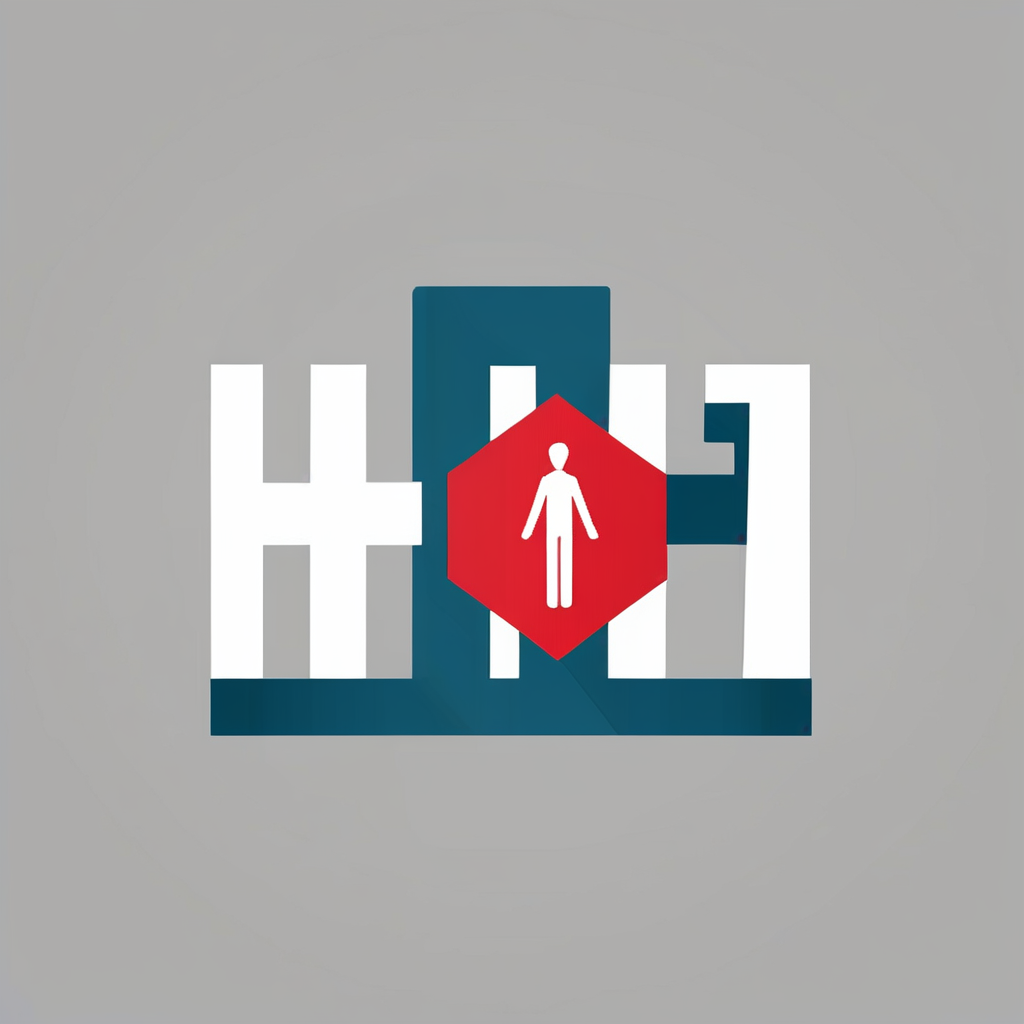Key Innovations Shaping UK Health Professionals’ Roles
The landscape of innovations in UK healthcare is a primary driver behind the evolving health professional roles seen today. These innovations enforce swift healthcare system changes that affect both clinical and administrative functions. Health professionals are increasingly tasked with integrating new technologies into their workflows, shifting daily responsibilities from routine manual tasks towards more analytical and decision-making activities.
For instance, AI-driven diagnostic tools help radiologists interpret medical images with greater speed and accuracy, freeing time for complex case reviews. Simultaneously, wearable health devices and remote monitoring technology enable nurses and allied health workers to collect continuous patient data outside traditional settings. This real-time information requires prompt analysis and adjustment of care strategies, altering traditional communication pathways within multidisciplinary teams.
Also to read : How Can UK Health Professionals Improve Sustainability in Healthcare?
Additionally, digital health records and telehealth platforms have transformed administrative duties, allowing professionals to access patient histories instantly while conducting virtual consultations. These improvements not only increase workflow efficiency but also enhance patient engagement and accessibility.
Overall, such innovations in UK healthcare are instrumental in molding evolving health professional roles, ensuring practitioners adapt proactively to the ongoing healthcare system changes vital for improving quality and responsiveness in care delivery.
Have you seen this : How do UK health professionals incorporate evidence-based practices in treatment plans?
Digital Health Tools and Their Impact
Digital health tools are central to health tech adoption across the UK, notably within the NHS. The implementation of electronic health records (EHRs) has revolutionized clinical workflows, allowing healthcare professionals to access comprehensive patient histories instantly. This UK NHS digital tools integration reduces errors and accelerates decision-making by providing real-time data during consultations and procedures.
Mobile health apps complement EHRs by enabling remote monitoring and direct patient engagement, empowering individuals to track symptoms, medication adherence, and lifestyle changes. These apps facilitate more efficient patient management, as healthcare staff receive timely updates and can adjust care plans accordingly.
The NHS’s digital transformation programs focus on expanding these technologies while maintaining data security and user-friendly interfaces. By promoting widespread health tech adoption, NHS Digital aims to improve care coordination, reduce administrative burdens, and enhance communication between patients and providers.
Consequently, these digital health tools do not merely replace traditional methods but actively shape how healthcare is delivered, fostering proactive, data-driven approaches that benefit both patients and clinicians. Exploring these UK NHS digital tools offers valuable insight into the future standards of healthcare practice.
Advancements in Telemedicine and Remote Care
The surge of telemedicine and virtual care has transformed healthcare delivery in the UK, especially since 2020. Remote consultations UK-wide have become a standard component, enabling quicker patient access and reducing the need for in-person visits. This shift supports ongoing healthcare demands while minimizing infection risks, a crucial factor during pandemic conditions.
How has telemedicine changed clinician-patient interactions? Remote consultations UK now incorporate video calls, phone check-ins, and secure messaging, fostering continuous care without geographic limitations. Clinicians can monitor patients’ health status, adjust treatments, and provide advice efficiently. Studies within the NHS reveal that telemedicine maintains or improves patient satisfaction and clinical outcomes across multiple specialties.
The NHS’s adoption of telehealth solutions underlines the benefits:
- Increased appointment flexibility
- Enhanced chronic disease management
- Streamlined communication between providers and patients
Virtual care tools also integrate with electronic health records, ensuring seamless data flow. As telemedicine evolves, healthcare professionals must adapt to these platforms, balancing technological skills with compassionate patient engagement. This progress points to a future where remote care complements traditional methods, offering comprehensive and accessible UK healthcare.
Artificial Intelligence in Clinical Practice
Artificial intelligence (AI) is transforming healthcare AI UK by enhancing diagnostic accuracy and streamlining workflows. In clinical settings, AI in medicine is primarily applied for digital diagnostics, helping to detect diseases earlier and with greater precision than traditional methods. For example, AI algorithms analyze medical images like X-rays or MRIs to identify subtle abnormalities that may be missed by human eyes.
Besides diagnostics, AI supports triage by prioritizing patients based on urgency, which improves resource allocation in busy NHS environments. Workflow automation tools reduce administrative burdens such as scheduling and documentation, freeing clinicians to focus more on patient care.
Clinical decision-making benefits from real-time AI insights, where systems provide recommendations based on large datasets and evidence-based guidelines. This augmentation enhances physicians’ confidence and speeds up treatment plans without replacing their expertise.
Research across UK institutions highlights that integrating healthcare AI UK technologies leads to measurable improvements in patient outcomes and system efficiency. NHS trials confirm that AI in medicine not only assists in diagnostic precision but also supports multidisciplinary teams through shared digital platforms. As digital diagnostics evolve, ongoing collaboration between clinicians and technologists remains vital to maximize these innovations’ potential.
Organisational Innovations and Integrated Care Models
Organisational innovations in the UK healthcare sector prominently feature the rise of Integrated Care Systems (ICS). These systems represent a fundamental NHS organisational change that aims to enhance collaboration across various health and social care services. ICS facilitate seamless patient journeys by bringing together providers from multiple disciplines and sectors, promoting a more cohesive, patient-centred approach.
A cornerstone of ICS effectiveness is the expansion of multidisciplinary teams. These teams now encompass a broader range of professionals, including clinicians, social workers, and community health workers, each contributing unique expertise. Their roles and responsibilities have evolved to support shared decision-making and coordinated care plans, reducing duplication and improving efficiency.
NHS organisational change through integrated care emphasises data sharing and joint accountability. This results in better resource allocation and quicker responses to patient needs. For example, integrating mental health specialists into primary care MDTs has shown improved outcomes by addressing physical and psychological health together.
Integrated care demands ongoing training and alignment of goals across disciplines. NHS case studies illustrate that organisations embracing this model experience reduced hospital admissions and enhanced chronic disease management. As integrated care frameworks mature, they pave the way for more agile, connected, and effective healthcare delivery.
Policy Reforms and Workforce Development
Significant healthcare policy UK reforms underpin the ongoing workforce transformation in the NHS. The government’s commitment, as outlined in the NHS Long Term Plan, prioritizes expanding and diversifying professional roles to meet growing healthcare demands. This strategic approach encourages creating new positions and redefining existing ones to incorporate digital skills alongside traditional clinical expertise.
The NHS strategy focuses heavily on professional development and continuous upskilling. Healthcare workers are supported through training programs designed to enhance their technological capabilities and adapt to evolving patient care models. This includes mastering AI tools, telehealth technologies, and data analytics, which are now essential competencies within many NHS roles.
Role diversification supports a more flexible and resilient workforce, capable of delivering integrated care across multiple settings. For example, nurses and allied health professionals are increasingly entrusted with responsibilities traditionally performed by doctors, reflecting both practical needs and policy incentives. This shift not only optimizes service delivery but also fosters job satisfaction and career progression.
The NHS Long Term Plan emphasizes workforce reports detailing specific targets and action points, highlighting how policy reforms are systematically shaping the future of healthcare professionals. These developments represent a clear, sustained effort to align workforce capabilities with modern healthcare challenges.
Future Projections and Expert Perspectives
Healthcare experts in the UK emphasize that the future of healthcare will be defined by continuous health workforce innovation. As digital tools and AI evolve, health professionals’ roles are expected to become even more hybrid, combining clinical expertise with advanced technology management. Experts predict these shifts will demand dynamic adaptability and ongoing learning, especially as automation handles routine tasks and frees clinicians to focus on complex care decisions.
One common expert opinion is that sustaining innovation requires investment not only in technology but also in comprehensive training programs. This ensures health workers effectively integrate new tools without compromising patient care quality. Adaptability becomes a core competency, encouraging flexibility in job design and multidisciplinary collaboration.
Challenges include managing stress related to rapid change and ensuring equitable access to tech resources across urban and rural areas. However, the opportunities for improved patient outcomes and efficiency are significant. Professionals who embrace these evolving roles can help drive a more responsive, personalized healthcare system. UK health workforce innovation highlights the essential partnership between technology and skilled practitioners for future success.
For those exploring this evolution, detailed expert insights on managing change and innovation can shape strategic planning and career development within healthcare settings.



